— June is Alzheimer’s & Brain Awareness Month —
CHICAGO, June 3, 2024 — This June during Alzheimer’s & Brain Awareness Month, the Alzheimer’s Association encourages all Americans to take charge of their brain health.
Today, there are nearly 7 million Americans living with Alzheimer’s. The lifetime risk for the disease at age 45 is 1 in 5 for women and 1 in 10 for men. The brain changes that cause Alzheimer’s are thought to begin 20 years or more before symptoms start, which suggests that there may be a substantial window of time in which we can intervene in the progression of the disease.
Experts believe there isn’t a single cause of Alzheimer’s. It’s likely the disease develops as a result of multiple factors. While not a direct cause of Alzheimer’s, the greatest known risk factor is advancing age. Although some risk factors like age cannot be changed, others — including physical activity, not smoking, education, challenging your mind, blood pressure and diet — may be modified to reduce a person’s risk.
“Alzheimer’s & Brain Awareness Month offers the perfect opportunity for all Americans to take charge of their brain health,” said Sam Fazio, senior director, quality care and psychosocial research, Alzheimer’s Association. “We want people to know there are steps they can take to potentially reduce their risk of cognitive decline. We also want to encourage anyone experiencing memory or thinking problems to talk to their doctor. There are many possible causes — and if it is Alzheimer’s disease, there are numerous benefits to getting a timely diagnosis.”
During June, the Alzheimer’s Association offers these 5 suggestions to take charge of your brain health and join the cause:
- Incorporate healthy habits that may reduce the risk of cognitive decline: Research shows that adopting healthy habits may reduce the risk of cognitive decline. As many as 40% of dementia cases worldwide may be attributable to modifiable risk factors. Based on mounting scientific evidence, the Alzheimer’s Association encourages individuals to incorporate these 10 Healthy Habits to reduce the risk of cognitive decline and possibly dementia. Whatever your age or stage of life, now is the time to take charge of your brain health.
- Learn the early warning signs of Alzheimer’s and other dementia: Many people equate Alzheimer’s to memory loss — and while that is one of the most common symptoms — there are other warning signs that can signal cognitive decline, including altered judgment, mood changes, challenges in decision-making, and planning and carrying out projects. Some memory changes can be a normal part of the aging process, but when changes start to interfere with daily living or stray drastically from the person’s normal behavior, it’s best to get it checked. The Alzheimer’s Association offers these 10 Early Signs and Symptoms of Alzheimer’s to help people identify potential early warning signs of Alzheimer’s or other dementia.
- Be proactive in addressing memory and thinking problems: Studies show many individuals experiencing memory and thinking problems often put off discussing them with a doctor. A 2022 Alzheimer’s Association report found that 60% of U.S. adults say they would not see a doctor right away if they were experiencing symptoms of mild cognitive impairment. Rather, they would wait until symptoms persisted, worsened or until family and friends expressed concern.
However, early detection and diagnosis of Alzheimer’s and other dementia offers the best opportunity for care, management and treatment. It also provides diagnosed individuals more time to plan for the future, adopt lifestyle changes that may help slow disease progression, participate in clinical trials and to live with a higher quality of life, for as long as possible. In addition, there are now treatments that may slow disease progression for people in the early stage of Alzheimer’s, making a timely diagnosis critically important. If you or a family is experiencing memory or thinking problems, it is important to get it checked. The Alzheimer’s Association offers tips and resources to help families and friends navigate these conversations.
- Help accelerate disease-related research: Clinical trials hold the key to new and better Alzheimer’s disease treatments. Individuals living with Alzheimer’s and other dementias, caregivers and healthy volunteers are needed to participate in clinical trials that help advance Alzheimer’s research. Today, approximately 55,000 volunteers are needed for more than 180 clinical trials. The Alzheimer’s Association TrialMatch® is a free, easy-to-use service that connects interested individuals with appropriate trials.
- Volunteer with the Alzheimer’s Association: Volunteers are the key to making a difference in the lives of people facing Alzheimer’s and dementia. When you volunteer with the Alzheimer’s Association, you join a network of passionate people who are working to fight this devastating disease, honor loved ones, and bring care and support to those who need it.
About the Alzheimer’s Association
The Alzheimer’s Association is a worldwide voluntary health organization dedicated to Alzheimer’s care, support and research. Our mission is to lead the way to end Alzheimer’s and all other dementia — by accelerating global research, driving risk reduction and early detection, and maximizing quality care and support. Our vision is a world without Alzheimer’s and all other dementia®. Visit alz.org or call 800.272.3900.
About Alzheimer’s & Brain Awareness Month
Established by the Alzheimer’s Association in 2014, Alzheimer’s & Brain Awareness Month is dedicated to encouraging a global conversation about the brain and Alzheimer’s disease and other dementia. To learn more about the Alzheimer’s Association, available resources and how you can get involved to support the cause, visit alz.org/ABAM.
Fight the Darkness of Alzheimer’s by Supporting The Longest Day
The Longest Day® is the day with the most light — the summer solstice. The Longest Day participants fight the darkness of Alzheimer’s and all other dementia through a fundraising activity of their choice on a day that works for them. With sports tournaments, card games, parties, baking and more, participants raise funds to advance the care, support and research efforts of the Alzheimer’s Association. For more information and to register, visit alz.org/TheLongestDay.
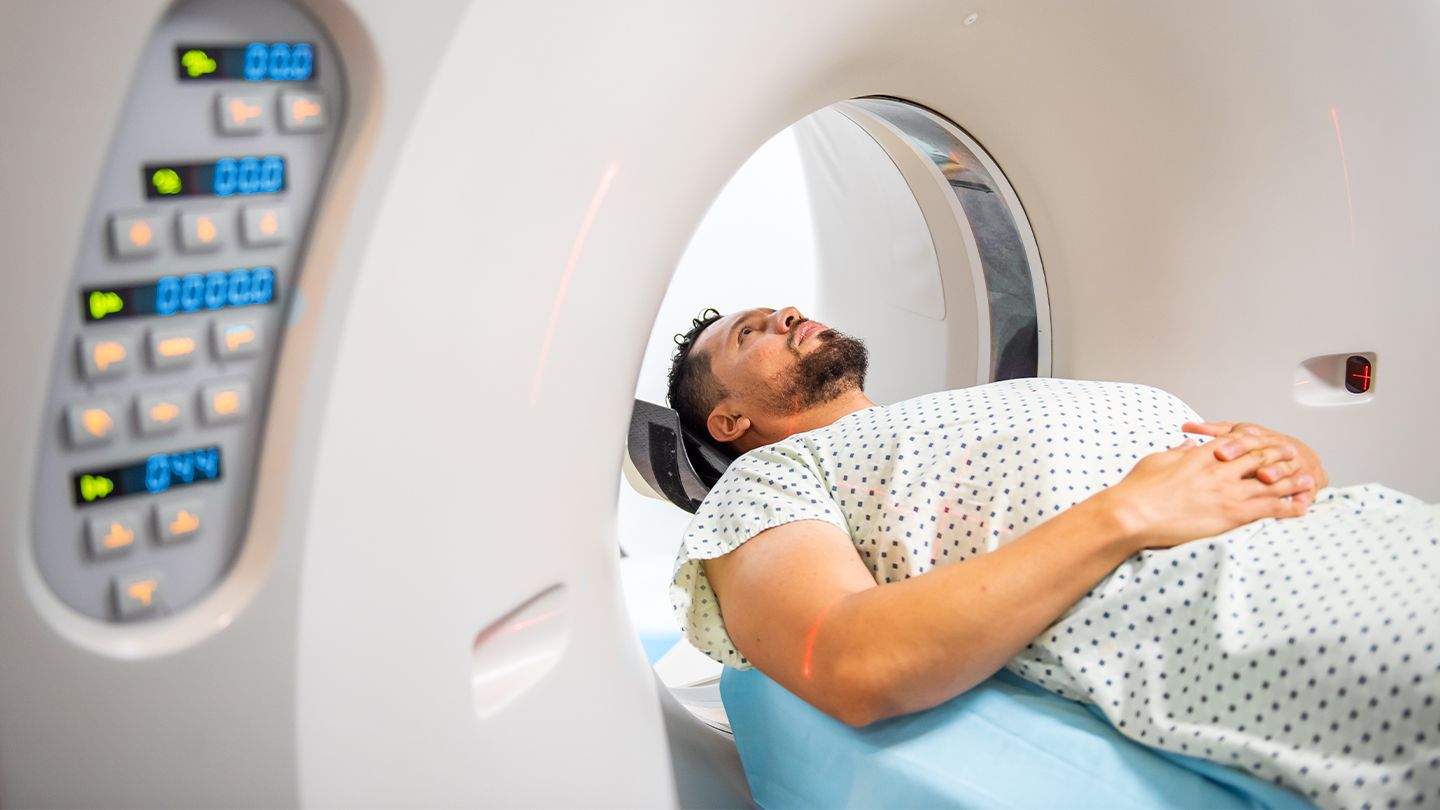



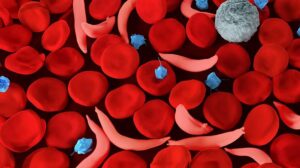



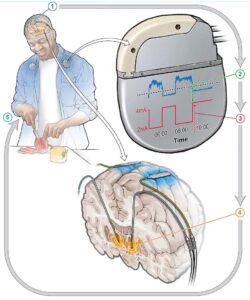
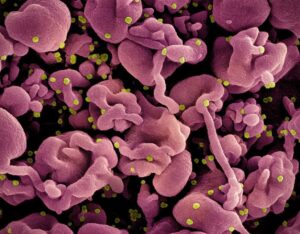

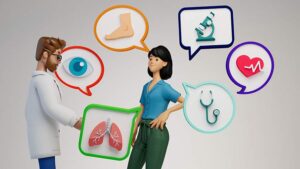

Post Comment